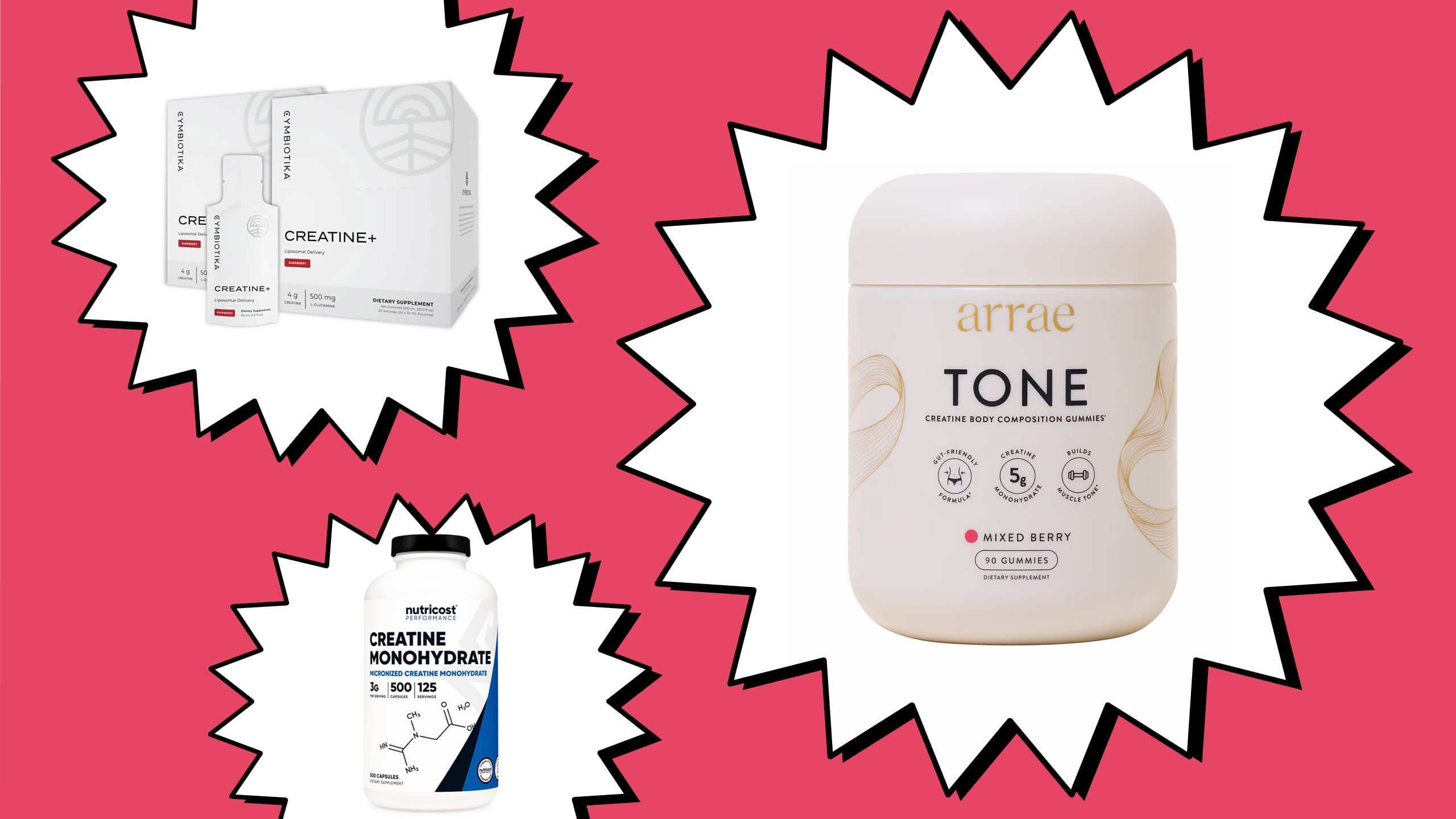BREAKING: Creatine, once known primarily as a bodybuilder’s supplement, is rapidly gaining recognition as a vital component of longevity and overall health. This shift has been confirmed by health experts, who emphasize its benefits extending beyond muscle performance.
Recent studies reveal that creatine is proving effective in enhancing cognitive function and metabolic health. As the conversation around wellness and longevity evolves, particularly with the rise of GLP-1 medications reshaping weight loss strategies, creatine is emerging as a must-have supplement.
Experts Reveal Immediate Benefits: “Creatine improves memory, mood, and even supports heart health,” says biohacking authority Dave Asprey. He highlights that creatine not only aids in physical strength but also plays a crucial role in brain function and energy metabolism.
For those unfamiliar, creatine is a naturally occurring compound derived from amino acids, primarily stored in the muscles, brain, and gut. While the body produces about one gram per day, experts recommend an intake of 3-5 grams daily for optimal benefits, a target that is difficult to achieve through diet alone.
Debunking Myths: Despite its growing popularity, misconceptions about creatine persist. Many believe it will cause weight gain or bulkiness, particularly among women. “Creatine alone won’t add any extra bulk,” states Dr. Wendy Myers, a leading expert in functional medicine. She emphasizes that muscle growth requires active training and calorie surplus, not merely supplement use.
Moreover, Asprey notes that while some may experience mild water retention during a loading phase, it isn’t necessary to see results. “Starting directly at a maintenance dose is just as effective,” he adds.
Human Impact: The implications of creatine extend to specific demographics. New research indicates it might be especially beneficial for women facing challenges during perimenopause and postpartum recovery. Dr. Myers highlights that creatine supports energy metabolism in the brain, potentially offering protection against neurodegenerative diseases like Alzheimer’s and Parkinson’s.
What to Look For: With the surge in popularity, it’s crucial to choose a quality creatine supplement. Experts recommend looking for creatine monohydrate, which is clinically proven to be safe and effective. Sahar Berjis, a registered dietitian, advises consumers to select creatine that is third-party tested and micronized for better absorption.
As creatine’s profile continues to rise, it’s clear that this supplement is no longer confined to the weightlifting community. It’s becoming a pivotal element in the wellness industry, appealing to individuals seeking both physical and cognitive enhancements.
Next Steps: If you’re considering adding creatine to your wellness routine, consult with a healthcare provider to discuss any potential effects on your health, especially if you have pre-existing conditions. With its potential benefits now widely recognized, creatine could be the key to elevating your health and longevity.
Stay tuned for more updates as this evolving story continues to unfold.
